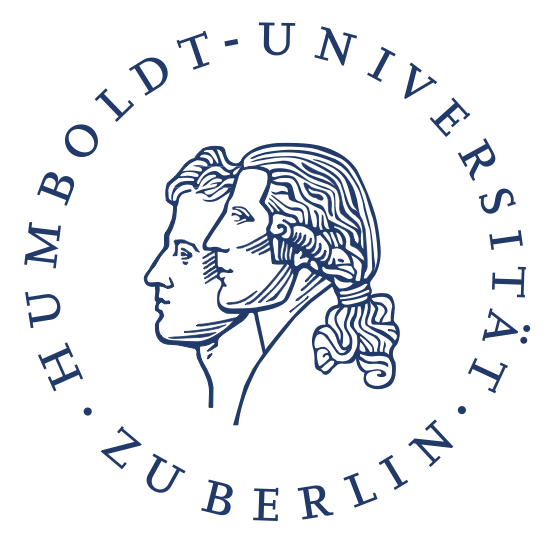Principal investigator
Research assistants
Student assistant
About the project
The overall aim of this project is to determine the universal and typological properties of the syntax and semantics of experiencer verbs based on precise empirical methods. In the first funding period, the project has focused on the cross-linguistic experimental and observational investigation of selected non-canonical experiencer-object properties (= psych-effects) examining their syntactic vs. pragmatic nature. In the next period, the focus will be on the typology of the psych-alternation (cf. interessieren (concern) vs. sich interessieren (be concerned)). In particular, the project will investigate the role of the morphological root of psych verbs and the syntactic and semantic properties of the morphological processes that occur in cases of psych-alternations (causativization, decausativization, conversion, double derivation).
Investigation
In a typological investigation, the project will collect and analyze the relevant morphological facts of experiencer verbs in 30 languages. This cross-linguistic examination will be the evidential basis for a typologically adequate theory of experiencers. Furthermore, the project will investigate the relevance of the morphological differences between languages quantitatively (a) for the semantics and syntax of psych verbs and (b) for the realization of experiencer events in discourse.
In a sample of six languages, which represent different morphological types of the causative alternation (Icelandic, Finnish, Korean, Spanish, Chinese, Hungarian), the project will carry out parallel experiments and corpus studies. The experimental studies will examine semantic and syntactic properties of the experiencer verbs. The influence of these properties on the behavior of the respective verbal constructions in discourse will be tested in quantitative corpus studies.
Causative Alternation
The project contributes to the current theoretical discussion on the causative alternation and will enrich this line of research with insights from a sample of languages that exceeds the currently discussed ones both in number and diversity. Furthermore, the project will make a significant contribution to lexical typology and the cross-linguistic investigation of the directionality in transitivization/detransitivization (Nichols et al. 2004) by examining the potential influence of typological variables on the cross-linguistic distinction at issue. Finally, the project will make an innovative contribution to the contemporary paradigm of cross-linguistic corpus investigations.
Background
Experiencers and predicates that select experiencers make up a central field of phenomena of theoretical linguistics, as they trigger effects that are located outside of the standard behavior of canonical (non-experimental) structures. This includes word order and binding effects as well as particular extraction behavior or islandhood. Various theoretical assumptions assign the main reasons to the following, differing linguistic layers:
- semantic-aspectual characteristics
- syntactic characteristics
- discourse characteristics.
The empirical studies of these unique effects in different languages contribute to the current perceptions and question them. In addition, factors causing these unique effects can be defined more precisely. For this, the following needs to be taken into account:
- absolute & relative semantic-aspectual characteristics of the participants (liveliness, agentivity) and predicates (verb classes, stativity, causativity, individual level/stage-level)
- characteristics of the argument structure and overal syntactic characteristics (case, syntactic functions, unaccusativity)
- interactions with language-specific phenomena (scrambling, left-dislocation, morphological/syntactic topicalisation, clitisation, quirky subjects)
- interactions with contextual conditions (information structure, discourse relations)
Language typology
The special characteristics of experiencer structures have been observed and studied in numerous languages. That is why an important focus of this studiy lies on language comparison. These are the languages looked at so far:
- German
- Greek
- Hungarian
- Korean
- Chinese
- Icelandic
- Turkish
- Yucatecan
Special attention is paid to undertaking comparative studies for different languages. One of the challenges lies in taking into account language-specific characteristics. The interaction of experiencer effects with language-specific phenomena is an important field of research in this project and also contributes to the conceptualisation of typological studies.
Methodology
As controlled linguistic studies serve as the central database for our research, we also contribute through method comparisons to the debate on the reliability of linguistic data and data collection.
For this, see for instance the articles for the AMLaP 2013 and the Linguistic Evidence 2014 in publications.
In addition, we're making the database for our research available. In Materials you can find extracts from the experiments as well as templates for the experiment design.




